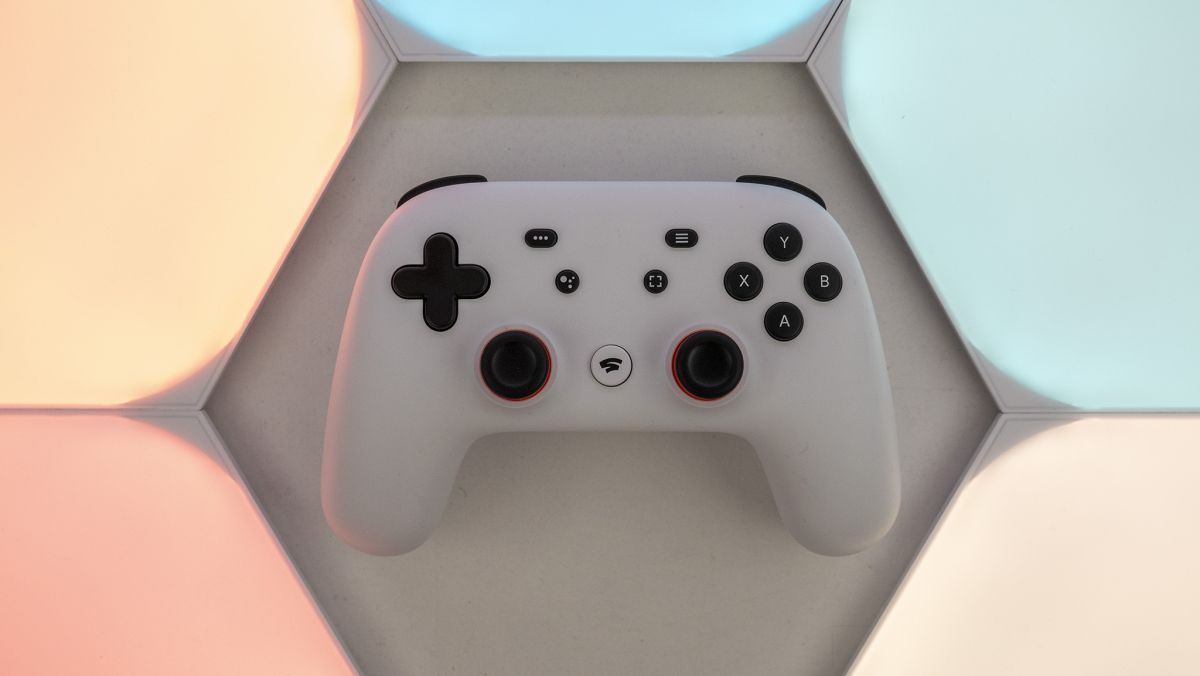Windows probably wouldn't have saved Stadia but Google tried it anyway
Would it have been different powered by Windows over Linux? Probably not.

What you need to know
- A new report has surfaced that Google actually tried running its now defunct Stadia cloud gaming platform on Windows.
- In the end it was deemed limiting and too expensive, and of course, Google ended up going with a Linux-powered operation for the Stadia servers.
- Google had previously touted the idea of Windows games running on Stadia as an easier way to port to the platform.
Google Stadia has gone to the big cloud in the sky but a new report from The Verge has suggested that Windows, not Linux, was at least evaluated as a way to run the platform.
In speaking to The Verge, former Stadia product lead, Dov Zimring, detailed how Google had prototyped running its cloud platform on Microsoft's OS.
“We had prototyped on Windows early on... the mission we had established at the very beginning was to enable revolutionary experiences... we saw Windows as limiting to innovate in that regard because we didn’t have control over the operating system.”

This all makes sense on different fronts. For one, Windows is the most used desktop operating system on the planet, and it's the one where the huge percentage of non-console gamers play.
But Zimring is absolutely correct when it comes to the lack of control over said operating system. Regardless of running Windows on a desktop or a server, Microsoft is the arbiter of what you can ultimately do with it. In a scenario like Google's with Stadia, it clearly didn't do what the company wanted it to do.
And as per the follow up comment, there's a cost involved. Windows isn't free. Google would have needed to license the platform from one of its rivals in the cloud gaming space. Porting games to Stadia would have been much easier, though, but it's hard to see how choosing Windows could have changed the inevitable.
Windows Central's take: Easier for game developers but the end result would have been the same
I loved Stadia. Even from the early days its performance (at least on my home internet connection) was more consistent and enjoyable than alternatives. But the company making it always left a lingering doubt over its longevity. Which, of course, turned out to be true.
Get the Windows Central Newsletter
All the latest news, reviews, and guides for Windows and Xbox diehards.
If Google had gone Windows over Linux it would have been a much simpler process, you feel. in bringing games to the platform. Perhaps it wouldn't have involved such huge wedges of cash being thrown around, too.
But the added cost of using Windows over Linux would certainly have been passed along to the consumer and I'm not convinced the outcome would have been any different. I've always felt Stadia's business model was too radical. We're used to buying digital games, but this was buying digital games you had no way of getting a copy of when the worst happened. At least we got refunded by Google.
Using a Linux-based system had its own flaws, but I think was still the right call in the end. Stadia's woes weren't caused entirely by what its backend ran on.

Richard Devine is a Managing Editor at Windows Central with over a decade of experience. A former Project Manager and long-term tech addict, he joined Mobile Nations in 2011 and has been found on Android Central and iMore as well as Windows Central. Currently, you'll find him steering the site's coverage of all manner of PC hardware and reviews. Find him on Mastodon at mstdn.social/@richdevine